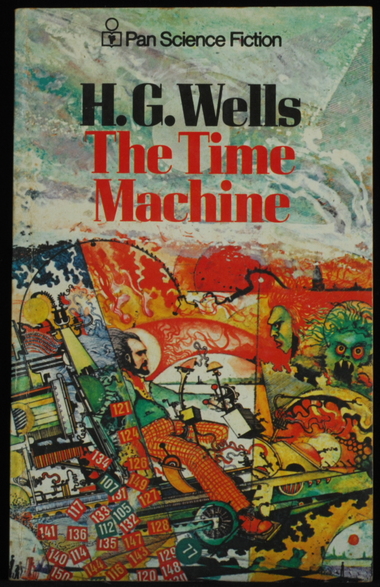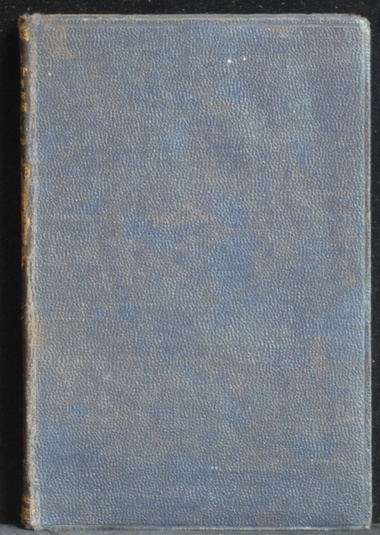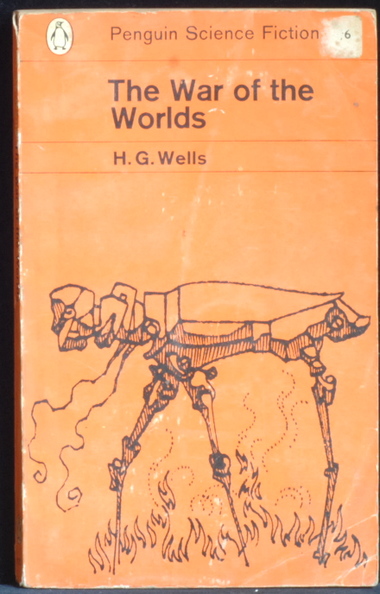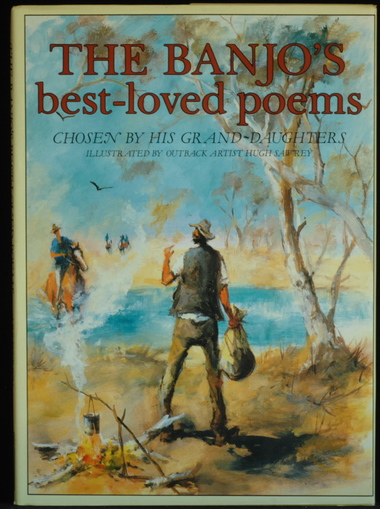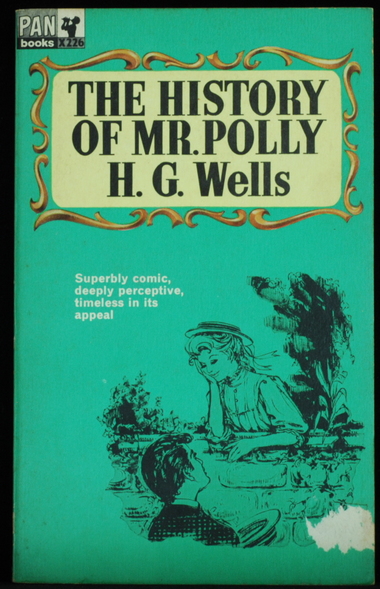mammybearsbooks Blog HGWells 20200905
HGWells
H G Wells
or to be precise Herbert George Wells, was born September 21st 1866 and was a writer of many different genres, although he is usually associated with Science Fiction.
He is so noted for his Science Fiction work that in 1970 a crater, located on the far side of the moon, was named after him for his work 'The First men In the Moon' written in 1901!
One of Wells major contributions to the Science Fiction Genre was his approach, his "new system of ideas". Whereby the author should always strive to make the story as credible as possible, even if both the reader and the writer know certain elements are impossible, he wrote in such a way that the reader accepted the ideas as something that could really happen. Today, this is referred to as "the plausible impossible". While neither invisibility nor time travel was new in speculative fiction, Wells added a sense of realism to the concepts which the readers were not familiar with. He explained that while writing 'The Time Machine' - he realised that "the more impossible the story I had to tell, the more ordinary must be the setting, and the circumstances in which I now set the Time Traveller were all that I could imagine of solid upper-class comforts. According to Wells, a Science Fiction story should contain only a single extraordinary assumption. Some of his early novels- 'The Time Machine', 'The Invisible Man', 'The Island of Dr. Moreau', 'The War of the Worlds' and 'The First Men In the Moon' invented several themes now classic in the Science Fiction genre.
Not always a writer, he spend several years, 1880 to 1883, as an apprentice draper in a Drapery Emporium in Southsea. His experience there - which was not a happy one - inspired several of his novels, being 'The History of Mr. Polly', 'Kipps' and 'The Wheels of Chance'- which portray the life of a draper's apprentice as well as providing a critique of society's distribution of wealth.
One of the ways that Wells expressed himself was through his drawings and sketches most commonly seen on the endpapers and title pages of his own diaries. These 'picshuas', as he called them, covered a wide variety of topics, from political commentary to his feelings toward his literary contemporaries and his current romantic interests. For Wells fans - these 'picshuas' have been the topic of study for many years, a book was published on the subject in 2006.
In his last book 'Mind at the End of Its Tether' 1945, he considered the idea that humanity being replaced by another species might not be a bad idea, showing his growing pessimism and frustration with society. A very interesting read.
Check out the HG WELLS books I have in stock at www.mammybearsbooks.com
